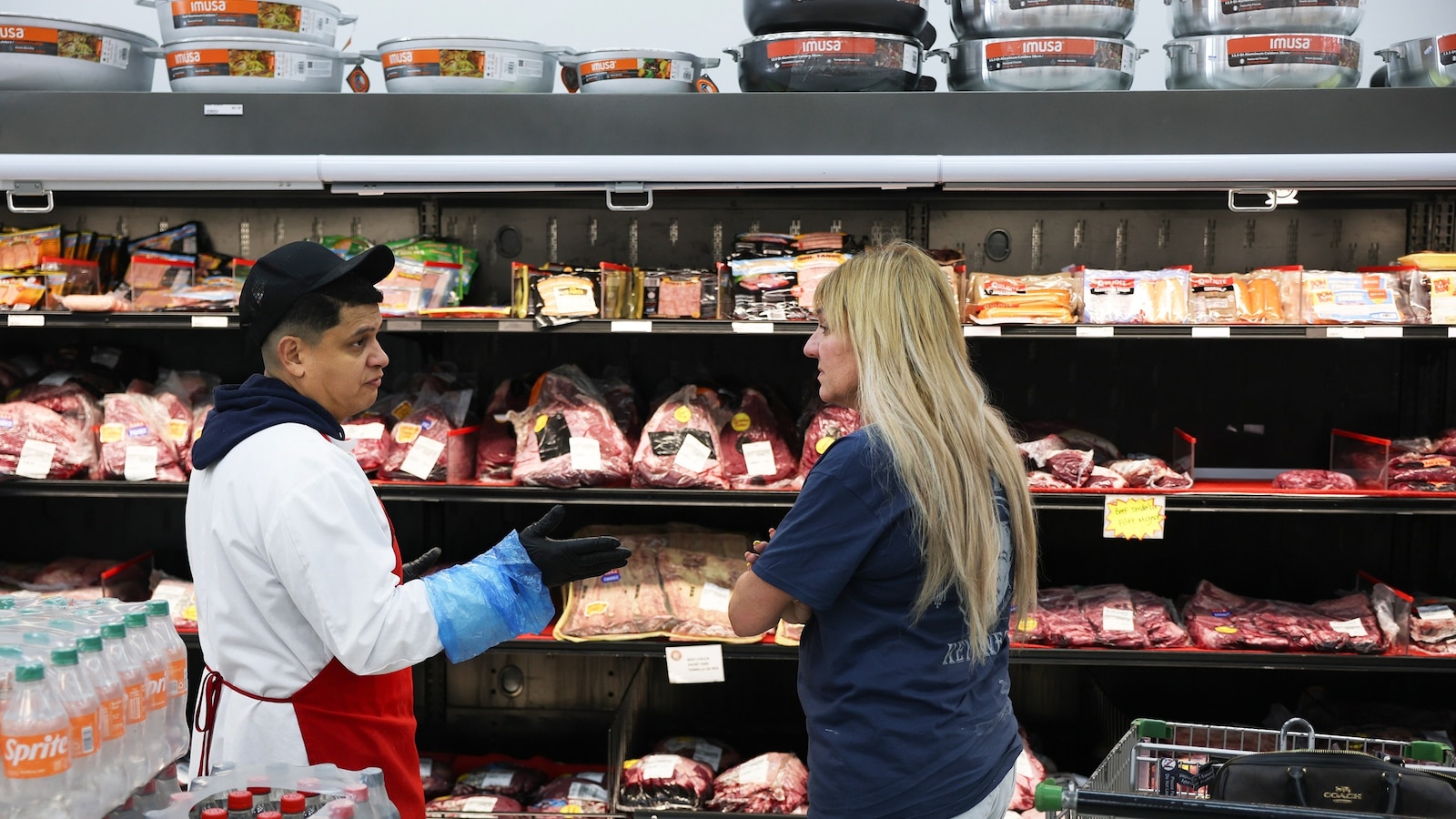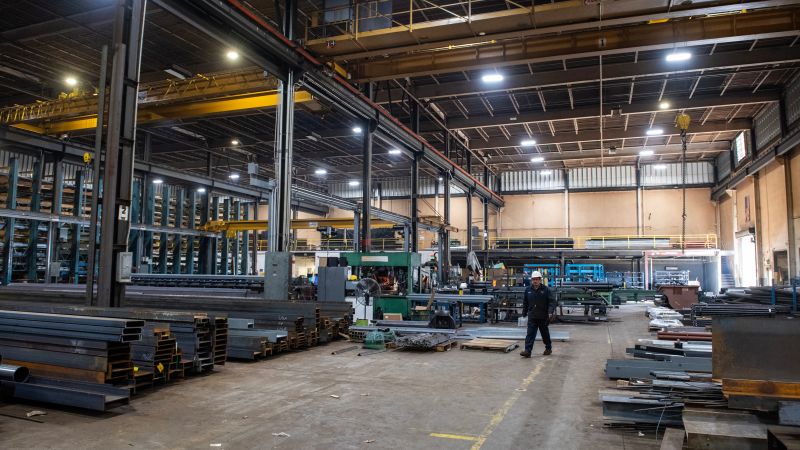T4K3.news
Consumers' inflation fears decline, survey shows
The University of Michigan survey reveals a drop in inflation concerns among consumers.

Recent survey shows consumers are less worried about inflation from tariffs, despite ongoing price fears.
Consumers ease inflation concerns in new University of Michigan survey
According to a recent University of Michigan survey, consumers are showing less concern about inflation linked to tariffs. The survey indicated a slight increase in overall sentiment, rising 1.8% from June to 61.8, reflecting the highest level since February. The one-year inflation forecast dropped from 5% in June to 4.4%, while the five-year outlook fell to 3.6%. Survey director Joanne Hsu noted that despite lower projected inflation rates, consumers remain cautious about potential future price increases, influenced by previous tariff announcements from the Trump administration.
Key Takeaways
"Both readings are the lowest since February 2025 but remain above December 2024, indicating substantial risk of inflation increases."
Joanne Hsu highlights the ongoing concerns consumers have about inflation despite improved sentiment.
"Despite risks of rising consumer inflation in the next few months, consumers have well-anchored expectations that tariff inflation will be temporary."
Jeffrey Roach discusses consumer confidence amid potential short-term inflation pressures.
The changing landscape of consumer inflation expectations points to a broader trend in economic sentiment. While consumers are feeling less panic about immediate tariff impacts, their wariness suggests they are keeping a close eye on price developments. The recent decrease in inflation forecasts indicates a shift towards a more stable economic outlook, yet persistent fears around tariffs and their possible future effects linger. This situation will likely play a pivotal role in how policymakers, particularly the Federal Reserve, approach monetary policy moving forward.
Highlights
- Consumer fears about inflation are easing, but concerns remain.
- Recent data shows a cautious optimism about inflation.
- The shift in inflation expectations suggests stability ahead.
- Future price increases are still on consumers' minds.
Risk of consumer inflation concerns
While consumers express optimism, the uncertainty surrounding future tariffs may still lead to inflationary pressures. This situation poses risks for overall consumer spending and could influence monetary policy decisions.
Future inflation trends will depend on both consumer confidence and government policy.
Enjoyed this? Let your friends know!
Related News

Consumer confidence hits lowest level since 2022

U.S. economy expected to grow amid tariff uncertainties

July food prices rise 4%, impacting retail

Stocks fall as inflation pressures weigh on the economy
U.S. retail sales show unexpected growth in June

U.S. GDP rises 3% in Q2 2025

Market stability in the face of Trump tariffs

US inflation report indicates mixed economic signals
